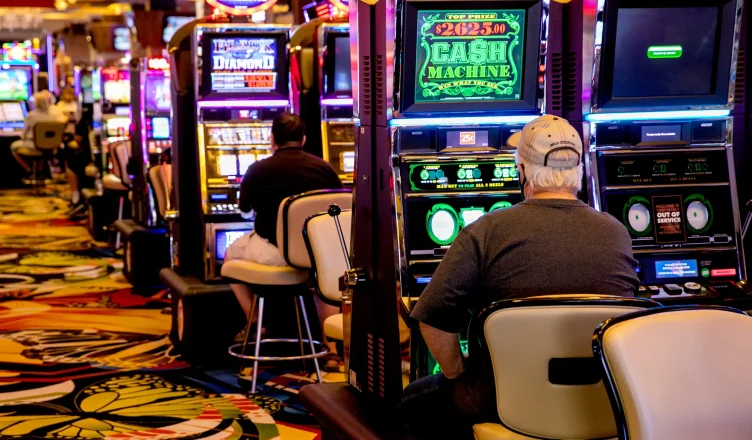Gambling has long been an enjoyable pastime that has only grown increasingly prevalent as its accessibility has increased. Yet for some individuals it can quickly become an addiction that leads to financial, emotional and physical distress – with experts having identified several possible causes, including cognitive distortions and impulsivity as major contributing factors.
Recreational gambling
Recreational gambling, whether sports events, casino games or lottery tickets, can be an enjoyable pastime that gives you a thrill of victory and can increase happiness levels and mental wellbeing. But it is important to gamble responsibly.
Recreational gambling does not constitute problem gambling, yet can still have negative repercussions in your life. Luckily, there are ways to limit losses and avoid addiction.
Though most gamblers do not experience problems from gambling activities, such as being subject to problem/pathological gambling. There can still be significant societal and economic costs from gambling activities that impact individuals, their families and the wider community – whether these effects be negative, positive or neutral. It is essential that researchers and policymakers gain an understanding of how different forms of gambling impact lives – this allows researchers and policymakers to create better gambling policies. This study found that key variables likely to discriminate Recreational from At-Risk Gamblers include having smaller numbers of friends/family who also regular gamble regularly gambling, being female gender and not using alcohol or drugs among others.
Addictions
Gambling addiction is a serious affliction. It can lead to debt and relationship difficulties, affect health issues and cause stress and anxiety; those experiencing these effects need assistance from professional care. Some individuals may be particularly prone to gambling addiction – specifically young adults, men, those living in lower socioeconomic areas and those from low socioeconomic backgrounds.
Psychotherapy can be an effective solution to gambling addiction. Cognitive behavioral therapy focuses on changing harmful gambling-related thoughts and beliefs, teaching healthy ways of coping with emotions, as well as treating any mental health conditions which could contribute to gambling disorder. Psychiatric medications like pramipexole (Mirapex) can also be used as effective treatment measures in order to decrease compulsive gambling behaviors.
Negative effects
Gambling can be an enjoyable pastime, but for some it becomes an unhealthy addiction with serious financial repercussions. This condition, known as problem gambling or pathological gambling, has been recognized by the Diagnostic and Statistical Manual of Mental Disorders (5th Ed). People suffering from this disorder crave gambling like they crave alcohol, tobacco or drugs – often losing control of their urges and engaging in risky behaviour such as chasing losses or lying to family members to feed the addiction.
Psychologists have investigated why gambling can be so addictive, and have discovered certain psychological processes are at work here. This includes cognitive distortions and impulsivity. Cognitive distortion occurs when someone misinterprets past experience to justify current betting behavior while impulsivity refers to acting without considering consequences – both factors contributing to an increase in gambling disorders.
Legality
Gambling can be an addictive activity that can become dangerously addictive for certain individuals. Gambling releases dopamine, an important neurotransmitter triggered by food, sexual stimulation and drugs of abuse; its levels increase further when an uncertain outcome exists, reinforcing risk-taking behavior among gamblers.
Studies have demonstrated the correlation between gambling disorders and poor mental health. The Diagnostic and Statistical Manual of Mental Disorders, Fourth Edition (DSM-IV), lists 10 warning signs for pathological gambling; however, few therapists are qualified to treat gambling disorders.
Even though loot boxes may not technically constitute gambling, many researchers argue otherwise. A study published by Nature Human Behavior observed online videos of gamers opening loot boxes from 22 video games and found that half met criteria for gambling; these games included Madden NFL 18, Assassin’s Creed Origins and FIFA 18. Additionally, researchers observed brain responses similar to when receiving actual cash payments from real-money sources.

